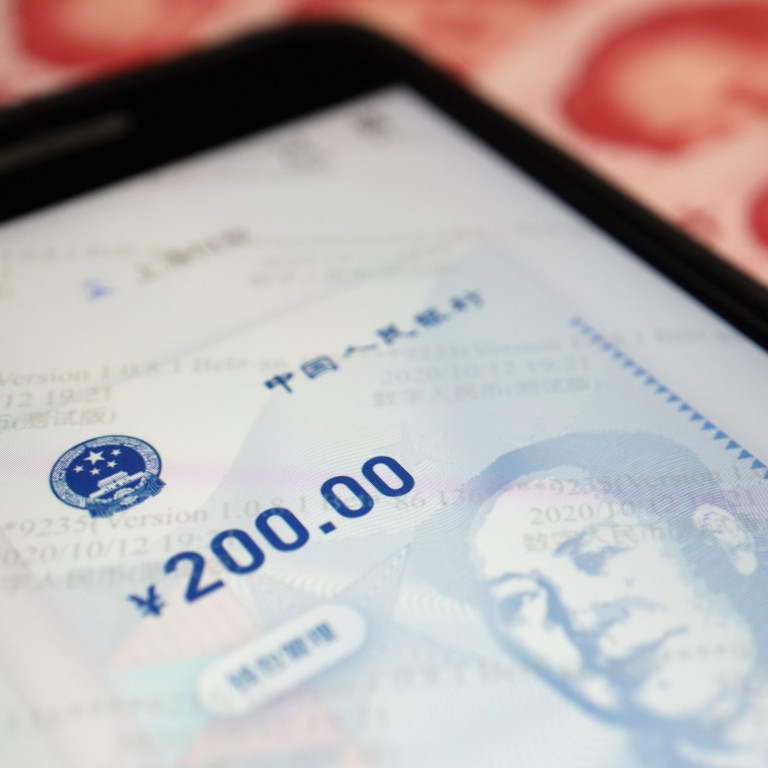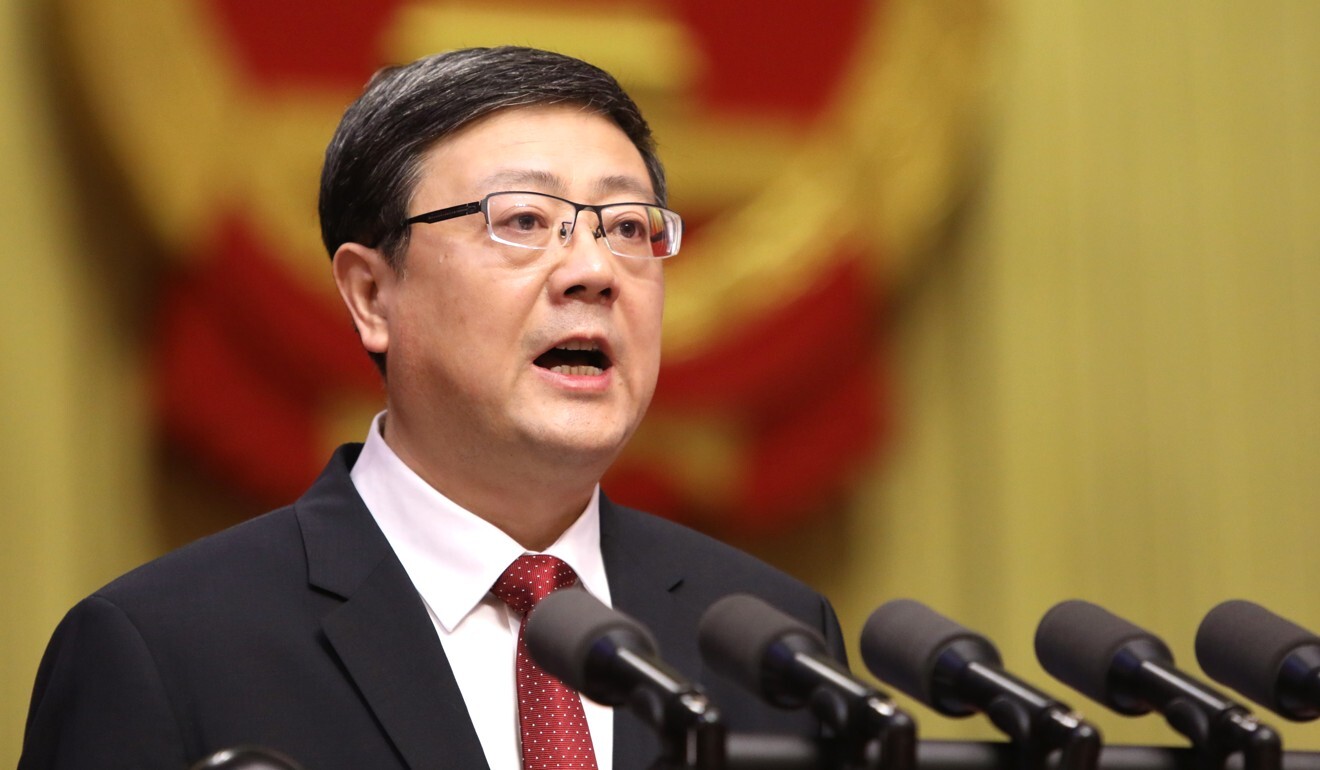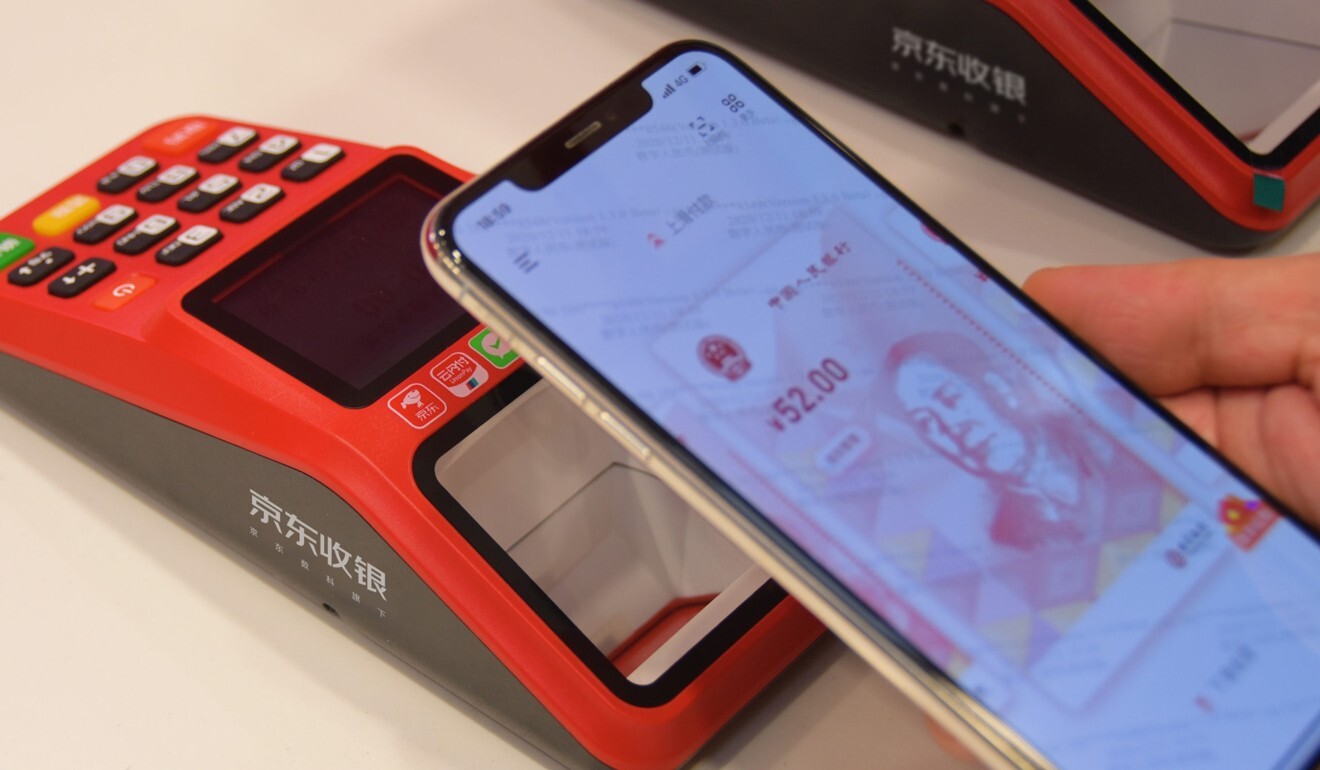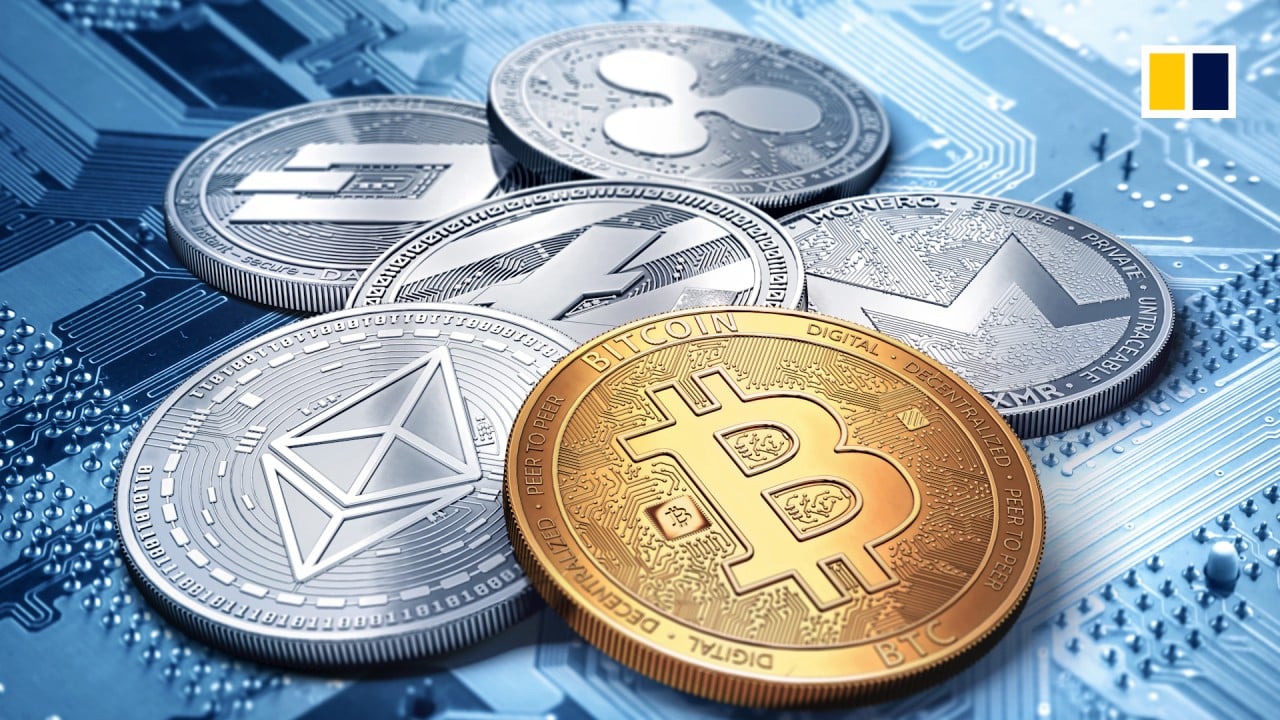
China’s digital currency: Beijing, Shanghai and Guangdong commit to new digital yuan trials in 2021
- Political leaders in Beijing, Shanghai and Guangdong province are pledging new pilot tests for the country’s digital currency this year
- Many central banks are exploring their own digital currencies, but China is the closest to making its own a reality as authorities push financial development
Beijing, Shanghai and Guangdong, China’s wealthiest province, all made new commitments over the weekend to testing the digital yuan, as the country moves closer to becoming the first in the world to launch a central bank digital currency (CBDC).
Neither of the cities’ People’s Congress work reports offered any details on planned trials, but they both linked digital yuan pilots to wider plans for financial development and “opening up”.
Guangdong Governor Ma Xingrui also said in a work report that the province would promote digital yuan pilots and support a digital currency innovation zone in Shenzhen, China’s tech hub sometimes dubbed the country’s Silicon Valley.

“The pace [of developing and testing the DCEP] is relatively fast,” said Wang Pengbo, a Beijing-based analyst who follows China’s finance industry. “It’s quite possible for China to become the world’s first nation with a digital sovereign currency.”
While China has not offered a timetable for an official launch of the DCEP, the People’s Bank of China (PBOC), the country’s central bank, is aiming for a wider test of the digital yuan before the start of the 2022 Winter Olympics, scheduled to take place in Beijing next February.
For now, though, local digital yuan pilot tests have remained focused on consumers in large cities.

“The tests start in big cities where commercial infrastructure, especially the payment system, is more complete, and the residents are more open to new things,” said Wang, the analyst in Beijing. “When there’s more data and the system becomes more mature, it’ll be taken to smaller cities.”
Ant is an affiliate of Alibaba Group Holding, the parent company of the South China Morning Post.

02:12
What are cryptocurrencies?
Many central banks around the world are now either exploring, developing or testing their own digital currencies, including most of those in the Group of 20 (G20). China is the closest to making its digital currency a reality.
Coronavirus creates new urgency for digital currency, says Bank of China
Other cities in China conducting their own DCEP pilots include Xiongan and Chengdu. Shanghai also started a separate trial earlier this month at Tong Ren Hospital, where some staff members have been using it to pay for meals in the cafeteria.
Other cities with plans to launch DCEP trials this year include Changsha, Hainan, Qingdao, Dalian, and Xi’an, according to a November report from Chinese financial news publication Caixin.


